Publications
Articles, publications, books, tools and multimedia features from the U.S. Institute of Peace provide the latest news, analysis, research findings, practitioner guides and reports, all related to the conflict zones and issues that are at the center of the Institute’s work to prevent and reduce violent conflict.
North Korea’s Currency Redenomination: A Tipping Point?
USIP’s John Park assesses what’s behind North Korea’s redenomination and its implications for the people and regime.
The Sinking of South Korea’s Naval Vessel
The Cheonan, a 1,200-ton South Korean naval vessel, sank on March 26 when an explosion split it apart in one of the country’s worst naval disasters. North Korea has officially denied involvement and accused South Korean President Lee Myung-bak of using this tragedy to bolster support for his hard-line North Korea policy.
On the Issues: North Korea’s Leadership Succession: The China Factor
USIP’s John Park outlines the development of China’s North Korea policy, and examines the implications of deepening Communist Party of China (CPC)-Workers’ Party of Korea (WPK) ties for this succession process and the U.S.’s North Korea policy.
Health and Migration Concerns Increase for the Future of North Korea
With the international community’s continued focus on North Korea’s nuclear weapons program, humanitarian concerns for the North Korean people remain largely overlooked. With this in mind, panelists met at the United States Institute of Peace on October 19th to discuss the state of North Korea’s healthcare system and the migration of North Koreans to China and South Korea.

North Korea Poses Old Challenges to New U.S. Administration
Just a week before President Biden was inaugurated, North Korea provided a reminder that it would continue to pose challenges to Washington—but left the door open for renewed engagement. During Pyongyang’s eighth Party Congress, North Korean leader Kim Jong Un was surprisingly candid about his country’s economic struggles. He also followed a familiar refrain, emphasizing the importance of strengthening North Korea’s military capabilities and calling Washington enemy number one. The Biden administration will come into office facing the same situation with North Korea that has bedeviled Washington for decades.
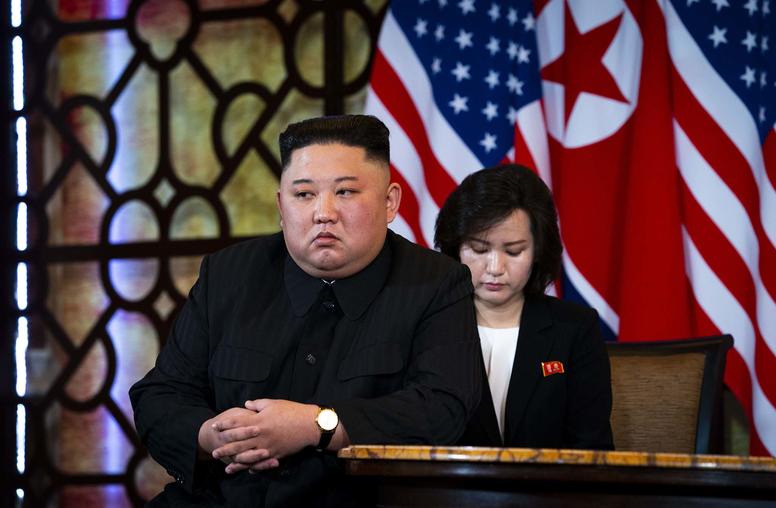
It’s Time to Get Real on North Korea
Weeks after North Korean leader Kim Jong Un vowed to dramatically upgrade his nuclear arsenal, the Biden administration is reviewing U.S. policy on North Korea. A reality check is overdue. The Trump administration’s headline-grabbing threats and summits were just new packaging for the decades-old approach of expecting Beijing’s help to pressure Pyongyang to surrender its nuclear program. This failed again, and North Korea’s threatening capabilities grew. The Biden administration should—and can—establish a more pragmatic, realistic policy to urgently counter this threat, shore up stability, avoid war and advance a deeper, longer game of fundamental change in North Korea.
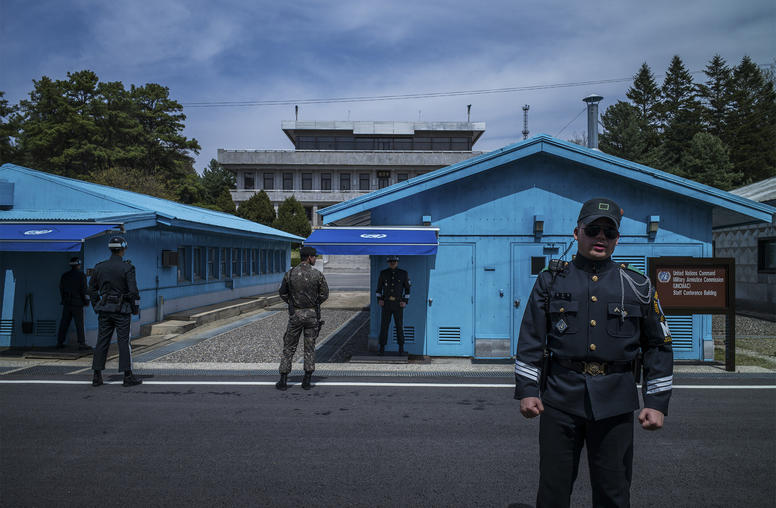
Incremental Denuclearization on the Korean Peninsula
Tensions are rising on the Korean Peninsula as many believe North Korea is planning to conduct the seventh nuclear weapons test in the country’s history and the first since 2017. South Korean President Yoon Suk-yeol has warned of an “unprecedented joint response” and called on China — North Korea’s closest ally — to dissuade Pyongyang from going through with the test. Amid this troubling geopolitical environment, USIP’s Frank Aum discussed the prospects for peace on the Korean Peninsula with Yonsei University’s Dr. Moon Chung-in.
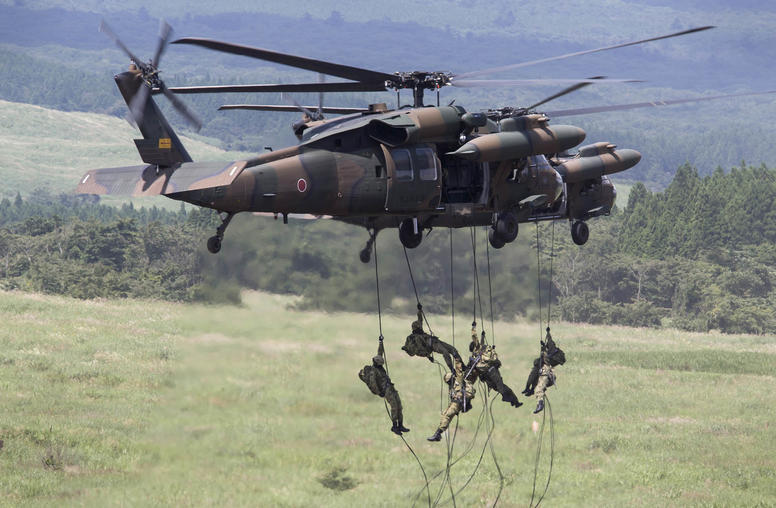
What You Need to Know About Japan’s New National Security Strategy
Japan released on Friday a new, robust national security strategy and complementary defense planning documents. The strategy is Japan’s first in nearly 10 years and only its second ever. The strategy navigates the country’s response to significant changes in the regional and global security environment, including Russia’s invasion of Ukraine, and reflect Japan’s growing sense of vulnerability vis-à-vis its immediate neighbors. USIP’s Mirna Galic looks at the new strategy and what it means for the region.
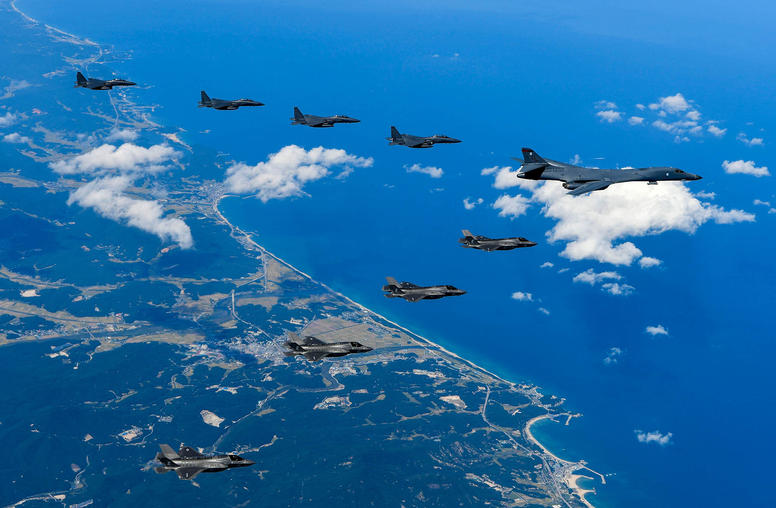
North Korean Arms Control Doesn’t Have to Conflict with Disarmament
There is a tension between limiting North Korea’s nuclear weapons program and pursuing the goal of a denuclearized Korean peninsula. To emphasize the former — through arms control and risk-reduction measures — can seem at times like a repudiation of the latter. Conversely, a focus on disarmament — still the core of U.S. policy — can seem outright fanciful given North Korea’s stunning technological advances. In North Korea, the United States faces a nuclear-armed state whose capabilities continue to expand despite international opposition and extensive economic sanctions. Disarmament simply isn’t in the cards right now.
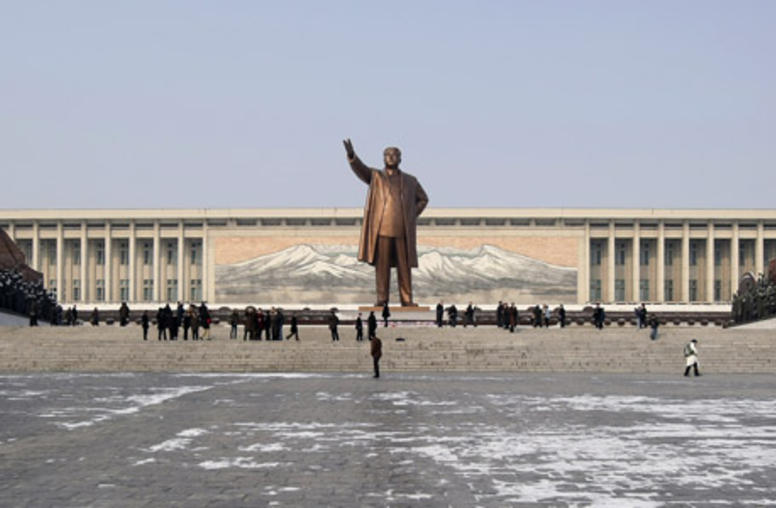
USIP’s NAVARM Building Asia-Pacific Understanding
USIP has been convening Asia-Pacific naval attaches in Washington to discuss the significant strategic shifts in that vital region, an effort to encourage dialogue that reflects the “rebalancing” of U.S. policy toward the Asia-Pacific.